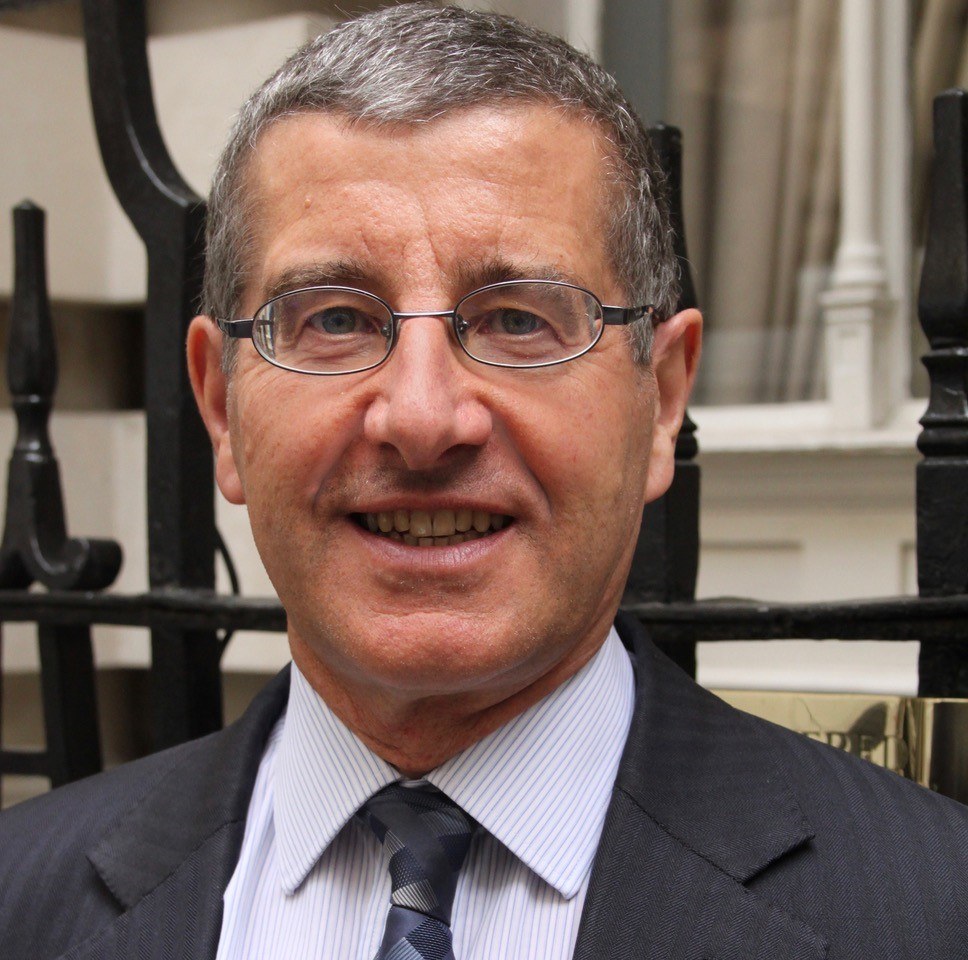Andrew Evans takes over as Chair
After 5 years in the role, Neil Cameron (NGOC) has stepped down as Chair of the Orienteering Foundation, and Andrew Evans (DFOK) has taken over.
Neil Cameron (NGOC) joined the Orienteering Foundation board as a Trustee in 2011 and became Chair in 2015. The work of the Orienteering Foundation is a a team effort, and over the last 5 years Neil and the Board have overseen a huge shift in the profile and operations of the charity, including:
- Signficant increases in both the level of donations and the number of grants awarded
- Overhauling our governance as a charity, in particular reviewing our practices against the Charity Commission’s Governance Code for Smaller Charities
- Introducing various policy documents including a conflicts of interest policy, terms of reference for the Board and role descriptions for Trustees.
- Agreeing a statement on our Relationship with British Orienteering
- Creating a Strategic Plan (2020-2024)
- Ensuring conformance to GDPR when it came into effect in 2018, including our Data Privacy Policy
- Introducing our 1%er Legacy Programme
We are very grateful to Neil for steering the Board and our operations through all this change, and are delighted that he will continue as a Trustee on the Board, and an Ambassador for the South West region. As he stepped down Neil commented:
I have been fortunate to have had a motivated and hard-working Board during my time as Chair and I wish Andrew every success as he leads us forward.
Meanwhile Andrew Evans (DFOK) joined as a Trustee in 2015. Since then he has always had a strong involvement in the operations of the Orienteering Foundation, in particular with our strategic plans, and we are excited to appoint him as the new Chair, as we continue to grow.
We caught up with Andrew to ask him a few questions about himself, and his thoughts for the future of the sport and Orienteering Foundation. You can also read more about Andrew in his biography on our Meet the Board page.
Orienteering Foundation: The Coronavirus situation continues to dominate the news and restrict activities like orienteering. However what has impressed you about the way orienteers and clubs have responded to the situation and is there an opportunity for the sport to come out stronger on the other side?
Andrew: Orienteers have been very responsible during the pandemic following the excellent, timely and clear guidance issued by British Orienteering. The development of MapRun courses has been embraced by many clubs to provide challenging activities for members which can be done locally, even starting near your front door. They are fun to do and great for training. They are also an opportunity for orienteering activities to be made very accessible to non-orienteers and if we can harness this post the pandemic, they could provide a useful pathway into orienteering, including club membership, for people who have never tried it previously.
You were Chair of Dartford Orienteering Klubb (DFOK) for many years. Aside from getting through the Coronavirus situation, what do you see as the main challenges facing clubs around the country today and how can the Orienteering Foundation help them?
The main challenge is that the sport is facing a lot of competition from other sports and the internet. Our membership profile is ageing and this is putting pressure on the volunteers that our sport currently relies on. The Orienteering Foundation can assist clubs by helping to fund initiatives to increase their membership. Our recent funding of a Club Development Officer for CLOK is a good example and, if successful, this pilot project could be extended more widely. This becomes particularly attractive if the funded part of the project leads to a self-sufficient position thereafter, as is currently envisaged by CLOK. Another significant challenge is land access and the Orienteering Foundation can contribute here too. Our development of the video for newcomers to Permanent Orienteering Courses and the sharing of this with landowners will hopefully encourage landowners to see the benefits of them offering access to their land for a sport beneficial to both mind and body at all ages and abilities.
Awareness of the Orienteering Foundation is still growing. If you have 30 seconds to explain its purpose to someone in a car parking field, what do you say
The strategic goal of the Orienteering Foundation is to deliver meaningful and effective support to the development and continuance of orienteering. We want to ensure that orienteering thrives for existing orienteers, attracts newcomers and remains an opportunity for many future generations to enjoy the benefits of the sport. We are a charity focussing on development, entirely reliant on generous donations, legacies and other fundraising activities to enable us to contribute.
What role do you see the Orienteering Foundation playing in the future of the sport, as distinct from other bodies e.g. British Orienteering, or clubs just funding projects from event income?
I see one of the differences is the Orienteering Foundation’s ability to think long term and to consider the big picture, without having annual budgets to meet or events to organise. We are able to contribute towards technological developments, for example, which might require an upfront investment of monies with a payback of benefits in the medium to longer term. Our legacy programme could be particularly helpful in us achieving this.
As you take over as Chair, what are your main priorities for the Orienteering Foundation in the coming months and years?
We have recently developed our strategy for 2020-2024 and our top priority is to implement this so that the Orienteering Foundation increases the impact it has on the development of the sport. We want our donors to see us making a hugely worthwhile contribution towards enabling themselves to continue to orienteer and for newcomers to the sport to enjoy for many more years the benefits of orienteering that our donors have enjoyed.
Thanks Andrew, and we look forward to having you as Chair!
